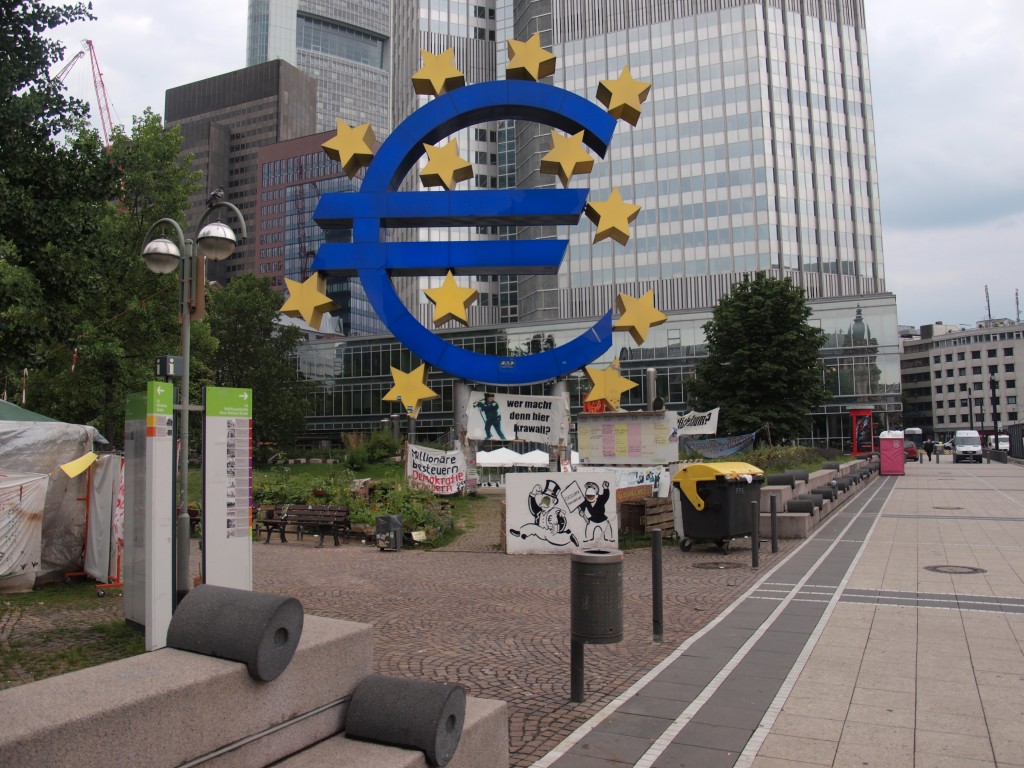
Windfall Tax on Lithuanian Banks Will Damage the Whole Ecosystem
The narrative of excess profits that recently sparked in public discussions in Lithuania was not accidental. Initially, business companies had been suspected of profiting from inflation. Then suspicions of undeserved profits hit banks. And here we are – digesting a proposal from the government to impose a special windfall tax on banks.











